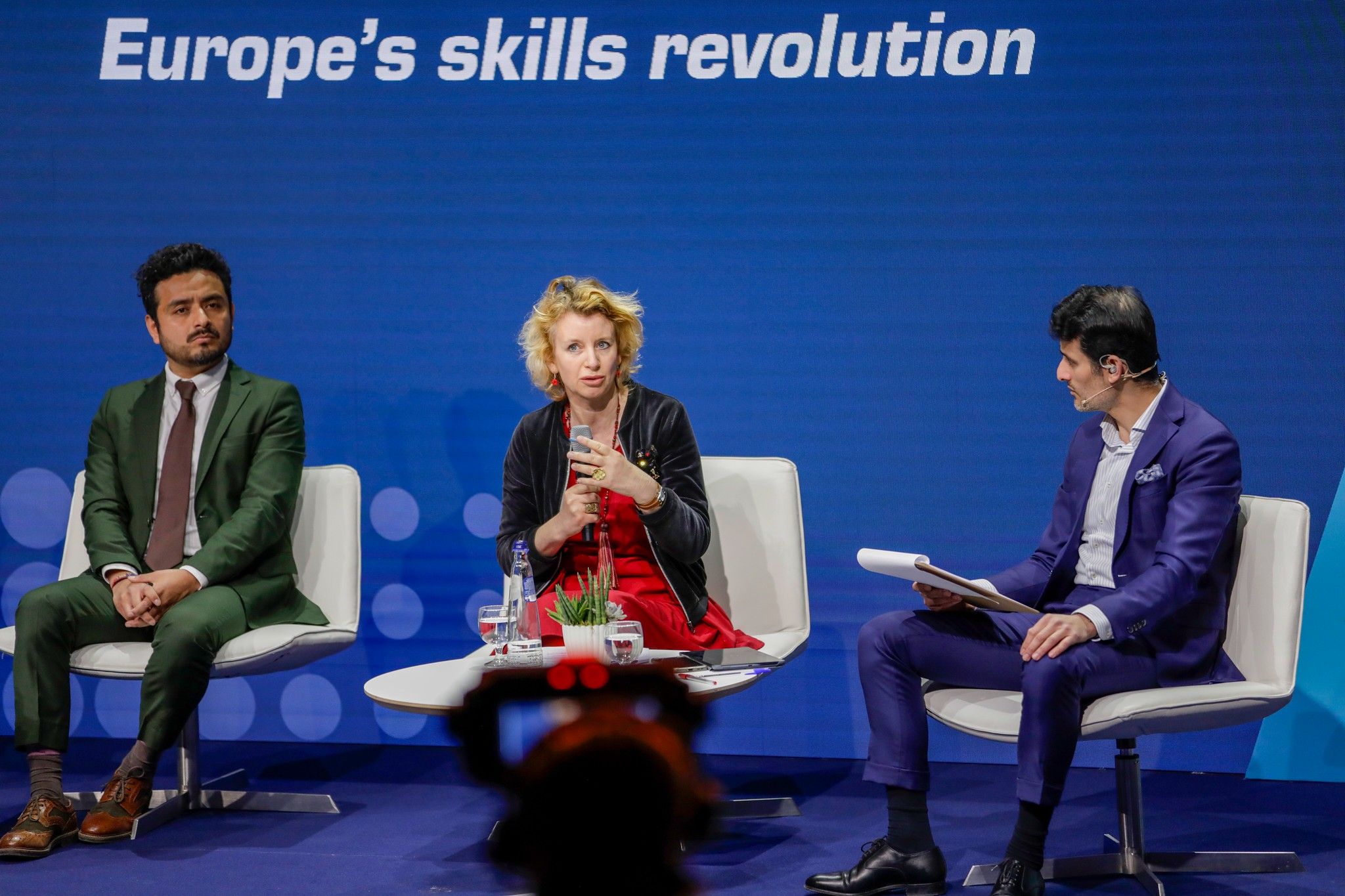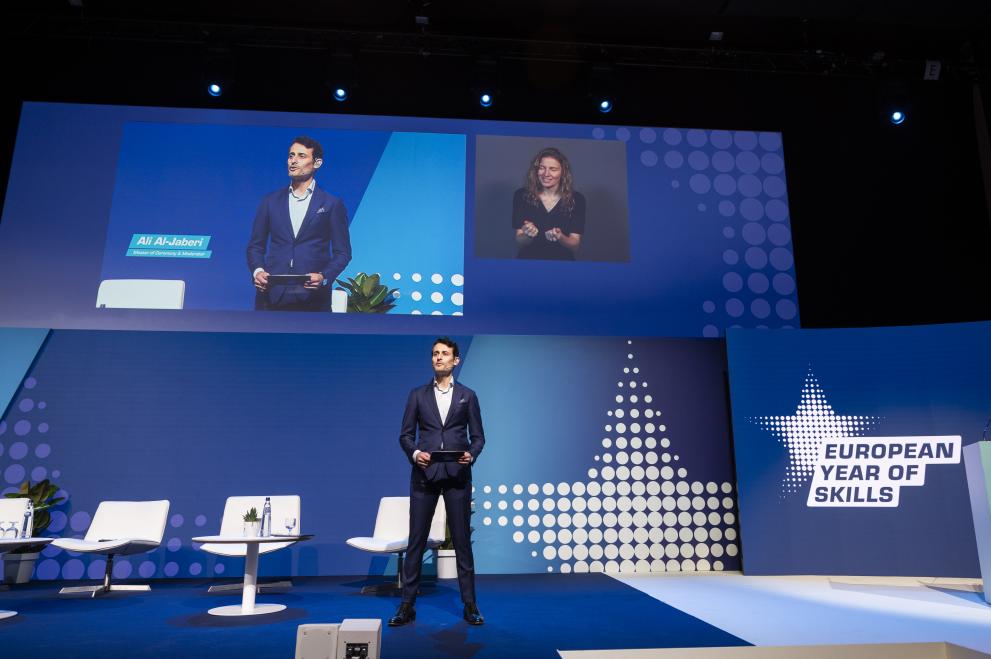The European Year of Skills: a challenge for Europe
Exactly one year after its launch, the European Year of Skills came to a festive close in Brussels. The European Year aimed to address the so-called skills mismatch in the EU and to give new impetus to the EU's skills strategy.
The European Year was built around four pillars:
- promoting investment in training and skills development;
- ensuring skills match the needs of employers;
- matching people’s ambitions and skills with opportunities on the job market;
- attracting people from outside the EU with the right skills.
Throughout the year, the EU, the Member States, the social partners, the public employment services (including Actiris, the VDAB and Bruxelles Formation), employers as well as education and training establishments have been working together to promote skills development.
The Brussels-Capital Region (BCR) has been particularly involved, focusing mainly on SMEs, which account for over 98% of Brussels businesses, and on EU initiatives and funding, such as the ESF (European Social Fund), to which the Region is entitled.
On 29 and 30 April, the national coordinators of the European Year of Skills and other stakeholders were invited to Brussels for two events, organised as part of the Belgian presidency of the EU, to bring the Year to a close.
On the first day they were invited to visit the Aviato Academy in Zaventem (Flemish Brabant), the Groot Eiland training centre in Molenbeek (Brussels) and Aptaskil in Seneffe (Hainaut) to get to know the activation and training centres in the aeronautics, hospitality, urban agriculture, pharmaceuticals and biotechnology sectors.

The following day, the conference “The European Year of Skills – what comes next?”, organised by the European Commission, took place at The Egg in Anderlecht (Brussels). The event provided an opportunity to share experiences and take stock of the past year. The partners also discussed how to make the best practices sustainable in the future. The skills shortage and the ‘war for talent and skills’ have only just begun and will become more pressing as the years go by.
Caroline Mancel, President of the European Network of Public Employment Services and Deputy Director General of Actiris, also took part in the debate entitled “The European Year of Skills: a springboard for Europe’s skills revolution”, during which she highlighted the experiences of the BCR.

Finally, on the initiative of the national coordinators of the European Year, a declaration was drawn up summarising the main conclusions and inviting the European institutions and the Member States to work towards a genuine European employment and training policy through recommendations and practical initiatives that will help to strengthen the European Union.



